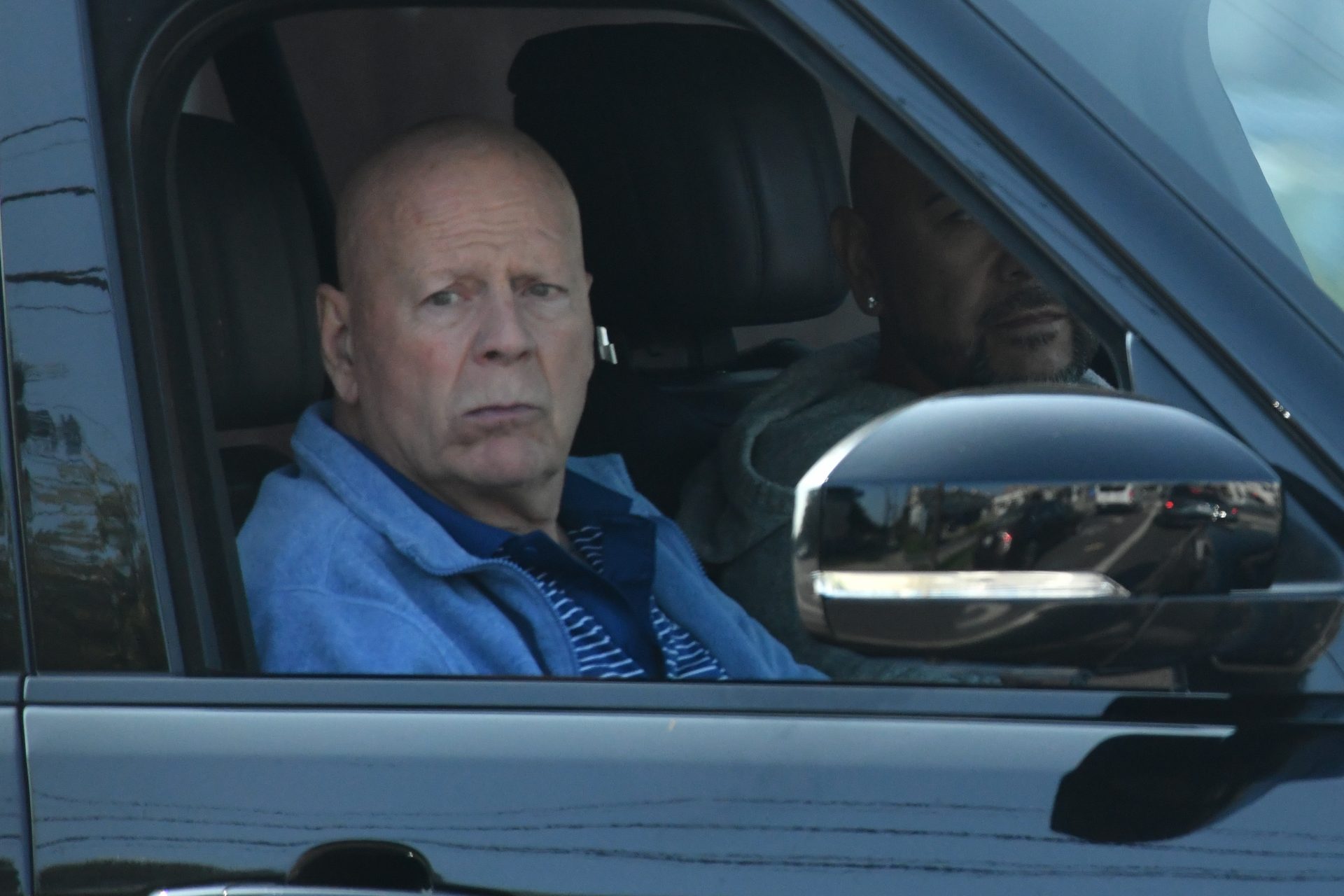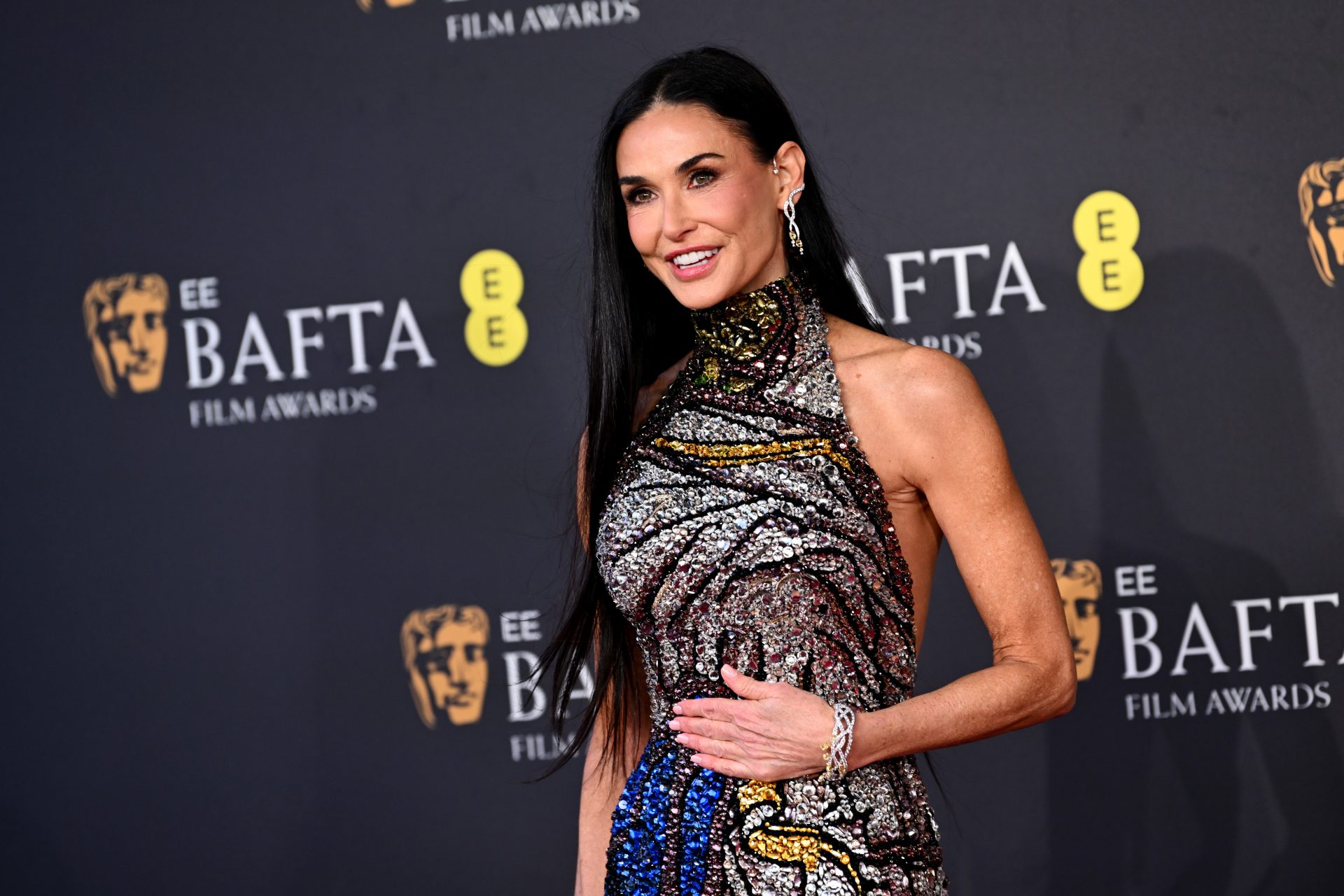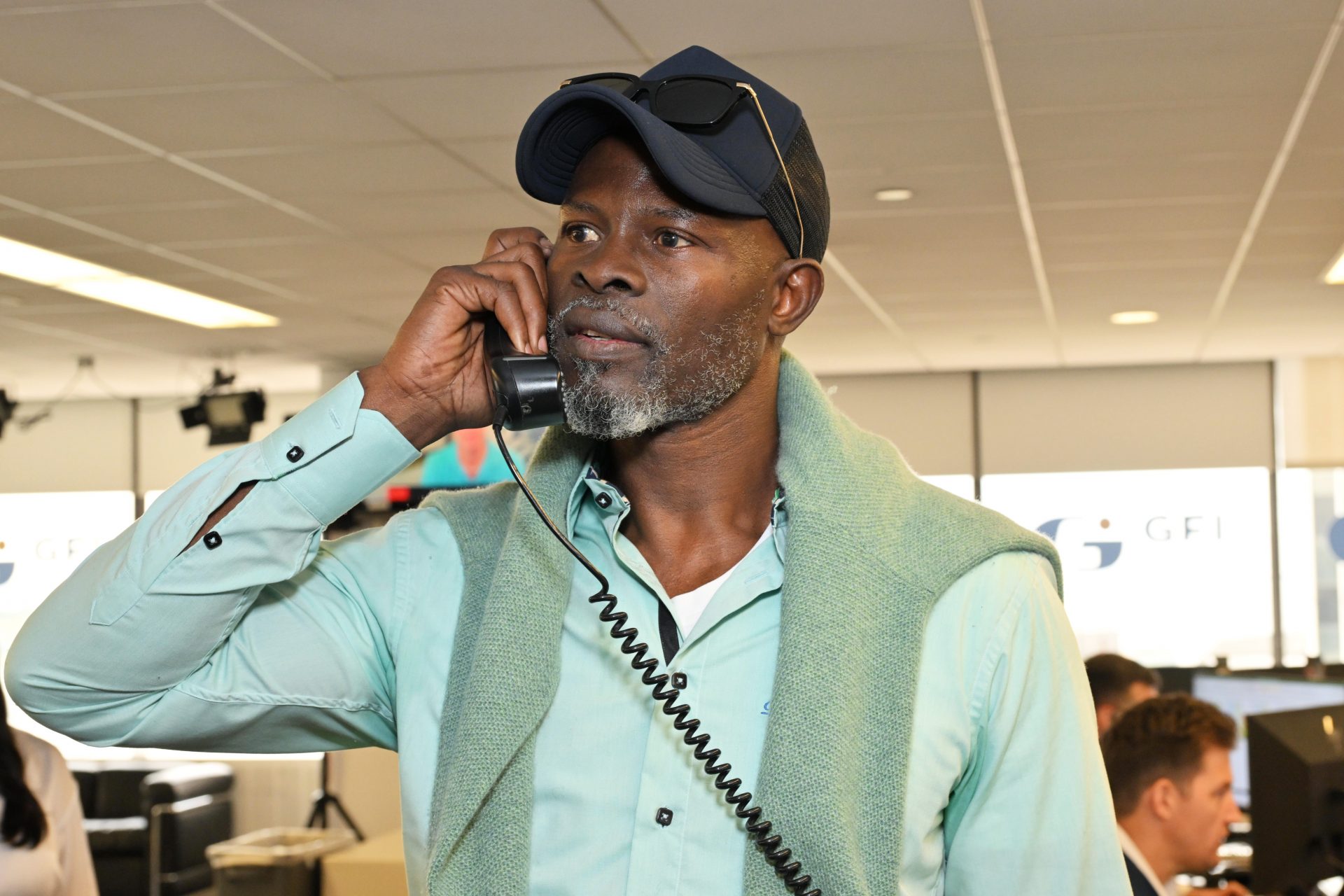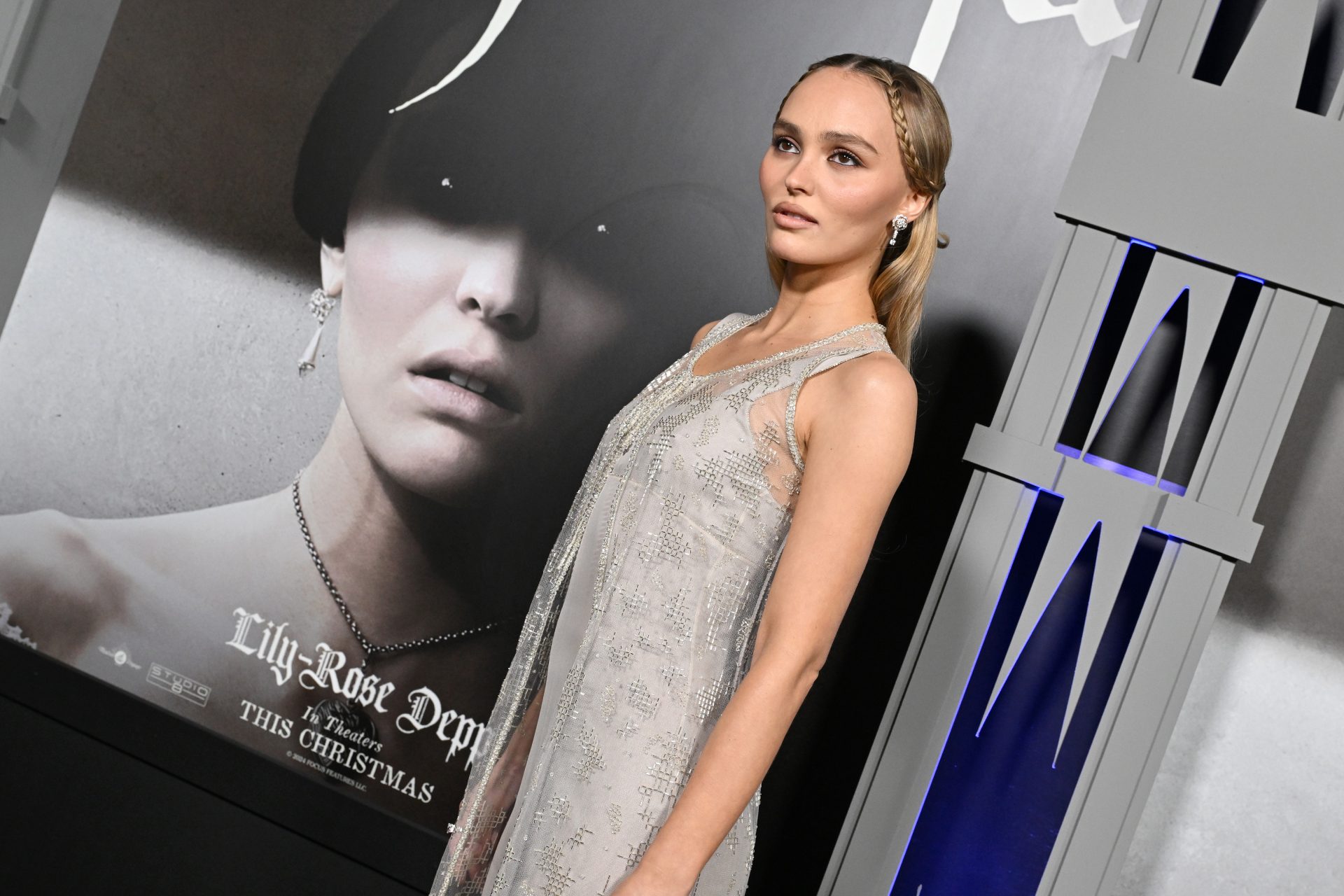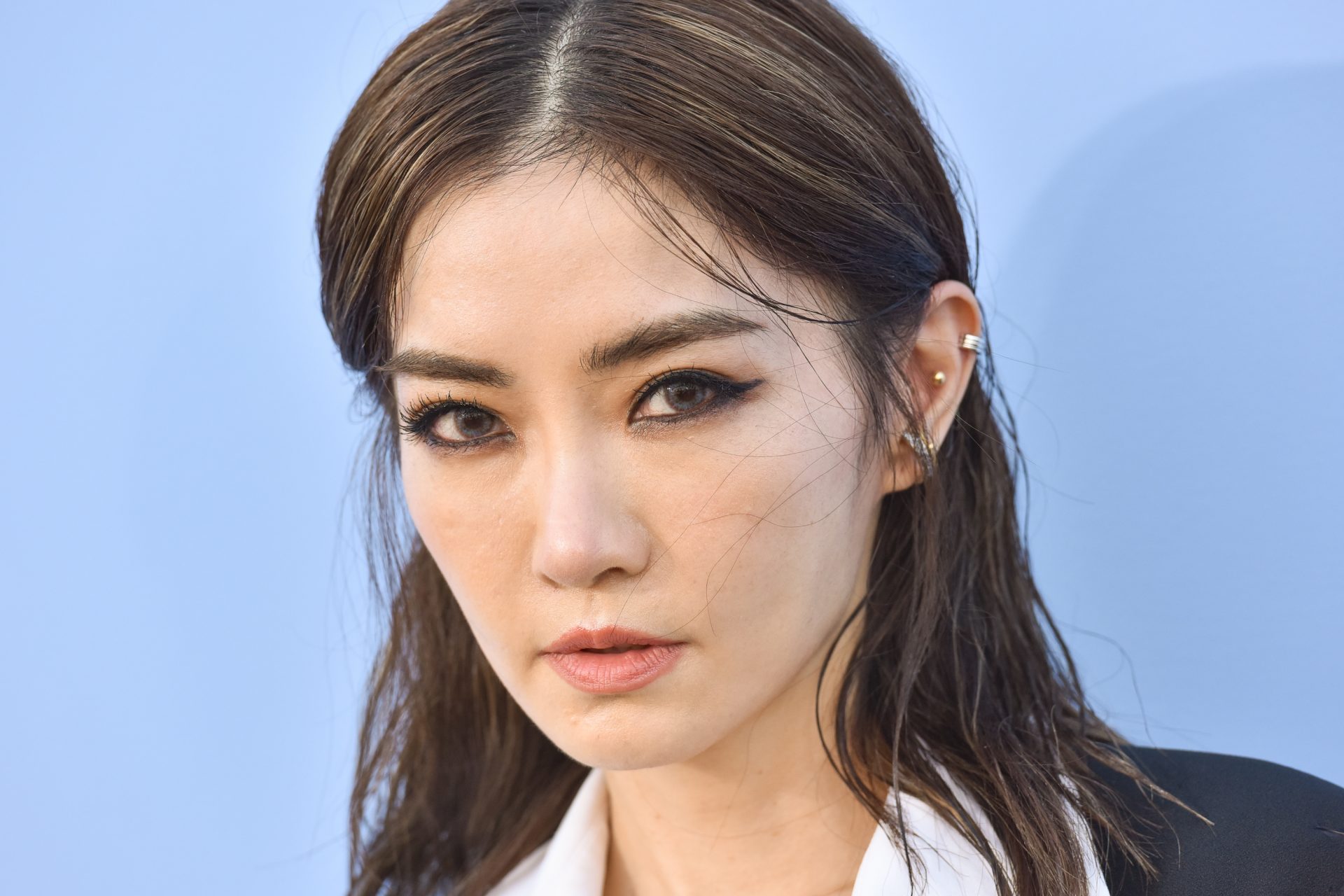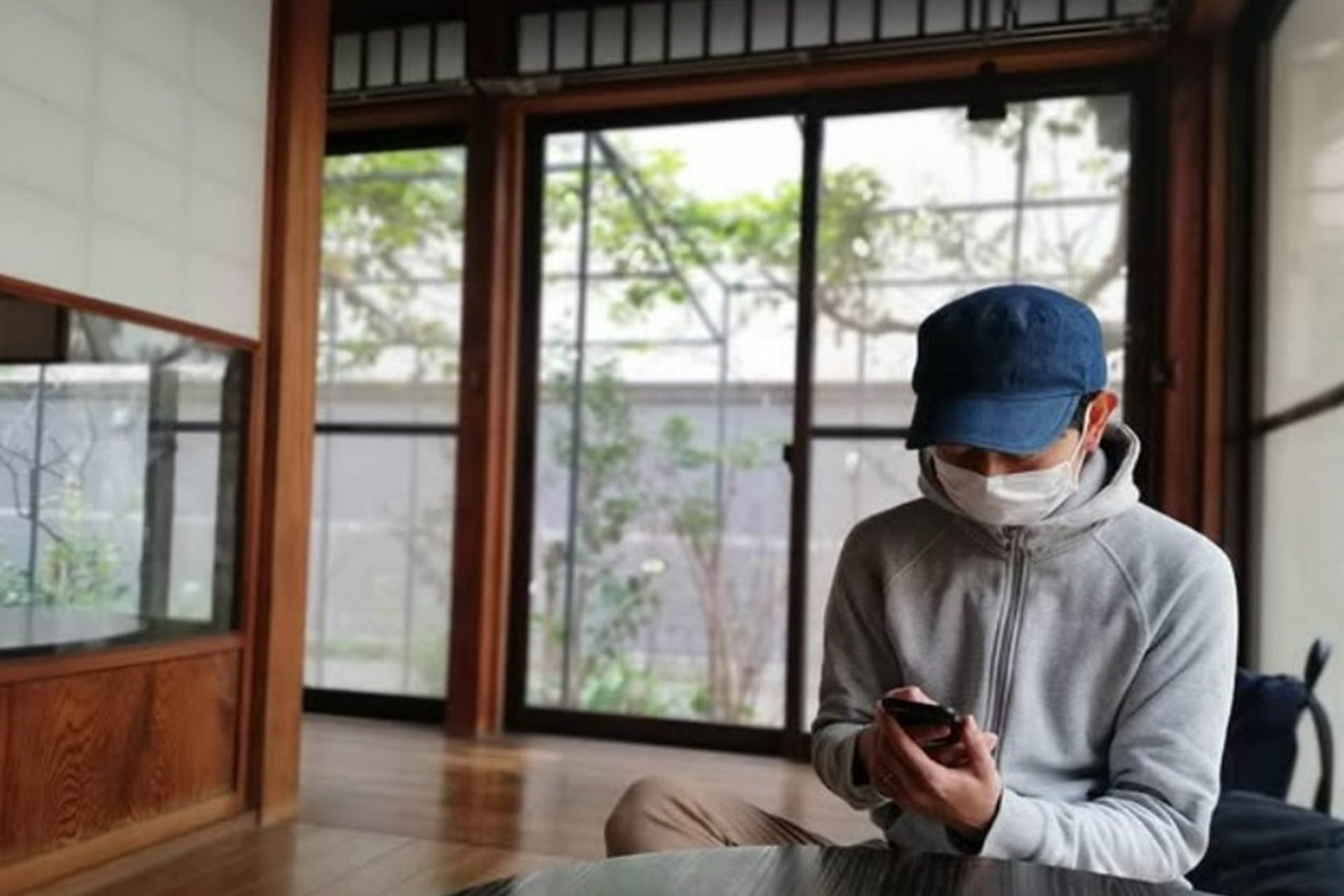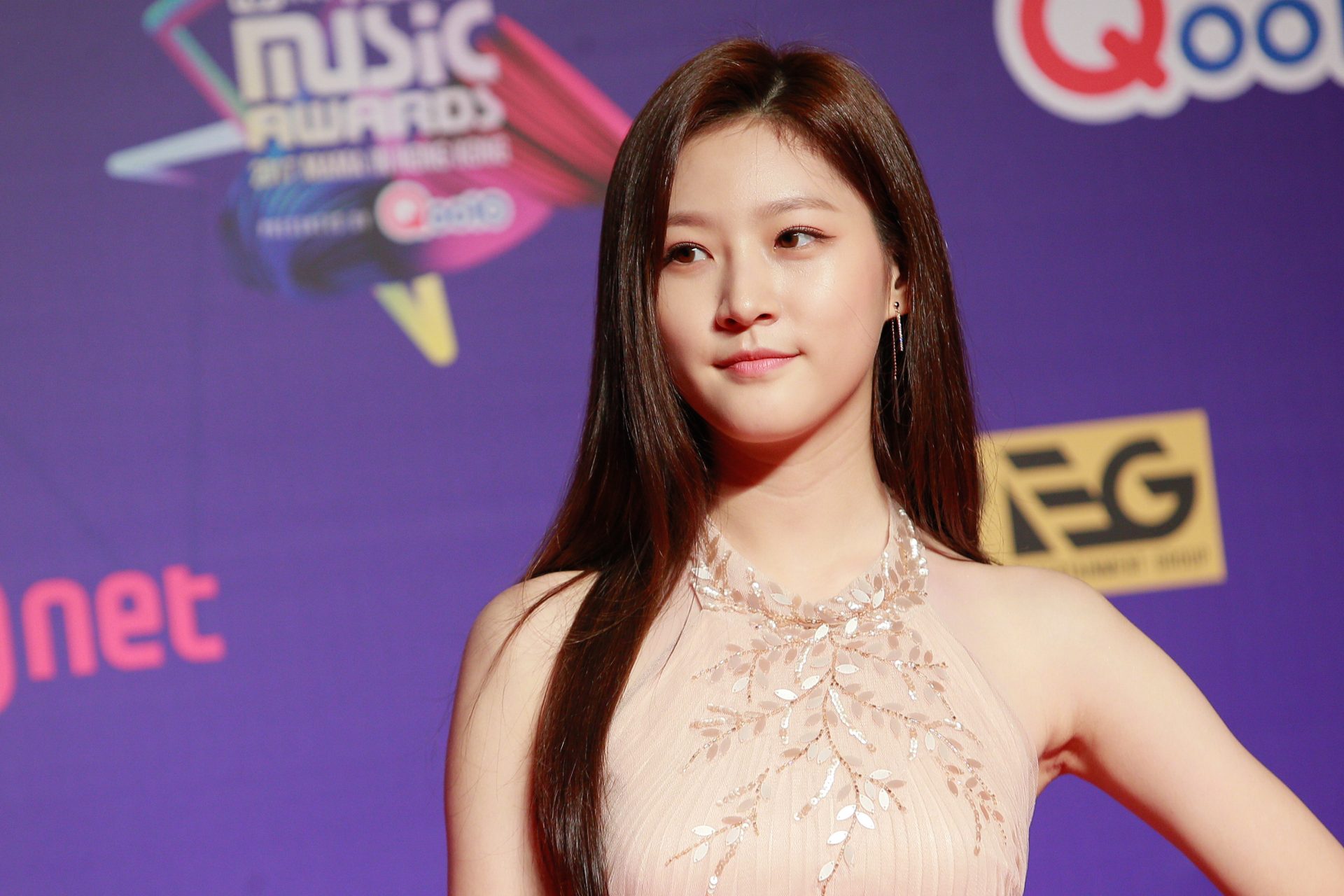Netflix series that were highly criticized
There is a long list of Netflix series which have all received strong criticism in one way or another. Whether that be by the critics themselves or those who we living closer to the real-life stories on which the biographical series were based. Such has been the case with 'Dahmer - Monster: The Jeffrey Dahmer Story'.
Ryan Murphy's dramatization of the infamous serial killer has not gone down well with audiences. There have been many complaints about the ethical nature of dramatizing this horrific series of events; and how victims' families may find it excruciating to have these painful events retold. But it wasn't just the audience who had an issue with the content.
Anne E. Schwartz was a journalist who broke the story of Dahmer’s killings. She spoke out about the distortion of the truth, particularly regarding the police officers working on the case. She said the series "does not bear a great deal of resemblance to the facts of the case." The same thing happened with Netflix's show-stopping series, 'The Crown'.
'The Crown' is a hugely successful series, but if we look back at some episodes, we see a fair amount of controversy. The "Lady Di moment" has outraged the most conservative part of British society. Not to mention the British government.
It was Oliver Dowden, Co-Chairman of the Conservative Party, who demanded that the series begin each episode with a warning that it was fiction. Yes, it is based on real events but at the end of the day, it is fiction. Netflix did not pay any attention to the request.
Netflix series are sometimes harshly judged. It happened with 'Emily in Paris', a hit with the public that the most exquisite critics (especially European - and specifically French critics) found to be a "collection of obsolete stereotypes".
Whether you love it or hate it, Netflix has renewed 'Emily in Paris' for at least a third and fourth season. And there are more series that provoked criticism from the press, annoyed viewers, or social organizations. Let's see which ones have been most harshly criticised.
Even 'Squid Game', which has been so successful and unanimously recognised for its artistic values, has provoked some criticism. Teachers have spoken out about its damaging influence on children and the more political audiences on Twitter have debated whether it is a condemnation of savage capitalism or a defence of individual freedom in the face of oppressive systems such as communism. Either way, it's got everyone talking.
There was also alarm because, according to numerous newspaper articles, children and teenagers became passionate about this fabulous series, even though its content is too explicit for young people to see.
But is it not parents who are responsible for children watching the series? Not the creators of Netflix?
It was Netflix's first big series; the work of art that pretty much made Netflix what it is today, a serious contender for top series. It was also the red giant's first big controversy. And its main character was played by Kevin Spacey.
Then, in 2017, Anthony Rapp pointed his finger directly at Kevin Spacey as the perpetrator of ongoing abuse when Rapp had only been 14 years old. Although Netflix did not hesitate to kill off Kevin Spacey's character Frank Underwood in 'House of Cards', the series fell out of favour and was eventually cancelled.
The youth drama was intended to be a wake-up call for young people thinking of taking their own lives, as well as showing the reality of ongoing abuse in many schools around the world. In fact, the impact was global, especially for 'that' scene where Hannah finally does what she announced she would do back in the first chapter. A breathtaking scene.
After the first season was released, Netflix's complaint inbox received a historic flood of users angry about the scene. They came up with rather a drastic solution to the problem: remove it from all content. The debate continues: is it necessary (and really useful) to show such horrific scenes?
Netflix billed this series as a "dark and twisted revenge comedy" and they were not wrong. It told the story of an overweight teenager who slimmed down to become the queen of high school and take revenge on those who had made her suffer in previous years.
Serious criticism soon followed, pointing to weight loss and popularity as a necessity in order to achieve social acceptance. The series was branded discriminatory and more than 100,000 people signed a petition on Change.org calling for its cancellation. Despite this, it was given a second season.
The series, which was intended to give visibility to people with autism, turned out to be a collection of stereotypes and clichés about the disease, as Haley Moss, contributor to the Huffington Post and diagnosed with autism, pointed out.
According to Moss, the show's protagonist "misses every social cue, finds every excuse possible to talk about penguins and Antarctica, and appears inherently selfish and inconsiderate. He becomes the joke. He knows he’s weird, and he doesn’t really care...
These stereotypes are damaging to autistic people, their families, and their friends. Instead of helping us, the show hurts us by falsely portraying us as creepy, insensitive, and just really awkward."
There was also criticism that the series did not have more autistic people in the series, both in other roles and behind the scenes.
Even before the premiere, it was known that 'Baby' was going to generate controversy. Basically, that's because the plot is about two 16-year-olds who, in order to gain economic independence and achieve complete freedom over their bodies, decide to become sex workers.
Critics said that the series embellished the sale of the female body of minors. It also had the additional horror of being based on the 'Baby Squillo' scandal, which shocked Rome in 2014, where the teenagers involved were even younger than in the series, as they were 14 and 15 years old.
Despite having one of the best storylines in the history of Netflix, there were those who took it by the title alone. While the series deals with racial issues and addresses the appropriation of black culture, there were those who understood the title of the series as a direct attack on white people.
It was clear that a series dealing with the hormonal awakening of pre-adolescents in such an explicit way was not going to be everyone's taste, and so it wasn't. Its vision of puberty takes advantage of the licences of animation to show reality in a somewhat brutal but perhaps trustworthy way. Despite the honesty, it wasn't to everyone's liking.
Despite the success of the series, there are those who have branded it vulgar. Some jokes about LGTBIQ+ or abuse did not help to calm the mood either. And, as if that wasn't enough, the fact that Jenny Slate, a white actress, gave her voice to a black character like Missy Foreman-Greenwald, caused a stir to the point that she was replaced by Ayo Edebiri.
One of Netflix's hits was this docurreality with Joe Exotic who is head of a tiger zoo. Within hours of the show's release, numerous animal rights organisations, led by PETA, accused the production of covering up an ongoing animal abuse problem.

























